What is the morality police operating in Iran?
1:00
Editor's Note:
Jorge Dávila Miguel has a degree in Journalism since 1973 and has maintained a continuous career in his profession to date.
He has postgraduate degrees in Social Information Sciences and Social Media, as well as postgraduate studies in International Relations, Political Economy and Latin American History.
Dávila Miguel is a columnist for El Nuevo Herald on the McClatchy network, and a political analyst and columnist for CNN en Español.
The comments expressed in this column belong exclusively to the author.
See more at cnne.com/opinion
(CNN Spanish) --
In the vast and ancient Iran a storm has been unleashed.
When a country is governed by a religion, not democracy reigns – no matter how much they say it is the will of God – but the fanaticisms and excesses that the vision of God mistakenly awakens in men, limited and captive in their human interpretations.
So it has been, and bloody religious wars have populated the history and geography of mankind.
In Europe, in China, in India, in America.
But hidden in that same history that in the distance of time only remembers the greatest carnage, are the abuses of fanaticism, power and the "holy intolerance" of religion.
We all know her name today: Mahsa Amini, a 22-year-old Kurdish woman, who died after being arrested by Iran's morality police because she was not wearing her hijab properly.
She is a veil that covers the head, but not the face, and has been strictly mandatory in Iran since Ayatollah Ruhola Khomeini came to power and instituted the ironclad theocracy in 1979.
Everyone praises the prophet, everyone repeats the words of Muhammad, but there is no proof that he has included in the holy book of the Qur'an such a sura of wearing the hijab on the head – which now costs a human being's life.
Abu Hurairah, a devoted follower and faithful companion of Muhammad, on the other hand, includes this hadith of the Merciful One: “Actually, religion is easy.
No one is overwhelmed by religion, but he will be overwhelmed by it.
Be moderate in your religion.
If you can't reach perfection, try to get closer to it and receive the good news that you will be rewarded."
The response in the Persian country for the death of Mahsa Amin has been forceful.
We can see it: women ripping off their scarves, cutting their hair and protesting in the streets.
The protests, says the press, apparently inspired by guerrilla warfare, appear at a point in the city, remain there for a short time, and quickly withdraw to avoid the fearsome Iranian police.
In these protests not only women but also men are grouped.
What will this mean for the autocratic power of the Islamic Republic of Iran?
Will it be able to be defeated by a growing popular protest, capable of overcoming the enormous repressive power of the Government?
Unfortunately not.
Although the outrage spread throughout the Iranian geography, including in Tehran, where university students of both sexes, and quite possibly belonging to various ethnic groups, have joined the protests, they are mixed with the political demands of an ethnic group, the Kurdish , whose demands for independence resound in three countries bordering Iran to the north: Turkey, Syria and Iraq.
There are between eight and ten million Kurds in Iran, and on top of that Sunnis, religious arch-rivals of the Shiite power that governs a country with a little more than 85 million inhabitants.
The death of Mahsa Amini happened 14 days ago, and, according to Reuters, the attacks by Iranian forces in Iraqi Kurdistan began on September 24, where this ethnic group also lives.
Iran's Revolutionary Guard secured new artillery and drone strikes against the target on Monday.
Within Iran, the death toll by the regime in repression of popular demonstrations varies due to the difficult task in Iran of verifying the data.
Various semi-official agencies in Iran have reported at least 17 deaths and according to Iran Human Rights, a Norwegian NGO, at least 50 people have lost their lives.
CNN has not been able to independently verify these figures.
The Kurds aspire to the national unity of the regions where their ethnic group has lived for more than 3,500 years.
However, the task is not difficult but impossible.
The division of the Middle East, decided by the French and English at the end of the First World War, despite their serious promises, was not favorable to that nation, today only virtual.
Nor to others.
In that part of the world, of ancient memory, was born, after the horror of the war and the collapse of the Ottoman Empire, the desire of the peoples for national self-determination.
The US president, Woodrow Wilson, then proposed the famous 14-point Plan, to help the self-determination of these Asian countries.
But he did not receive British and French support, and with the secret Sykes-Picot Agreement, which greatly benefited,
Mahsa Amini, like so many women who live subjugated by religious intolerance in what was ancient Persia, suffer from discrimination, abuse and death, only gets the darkest part of the fairy tale.
And that happens all over the world, every day.

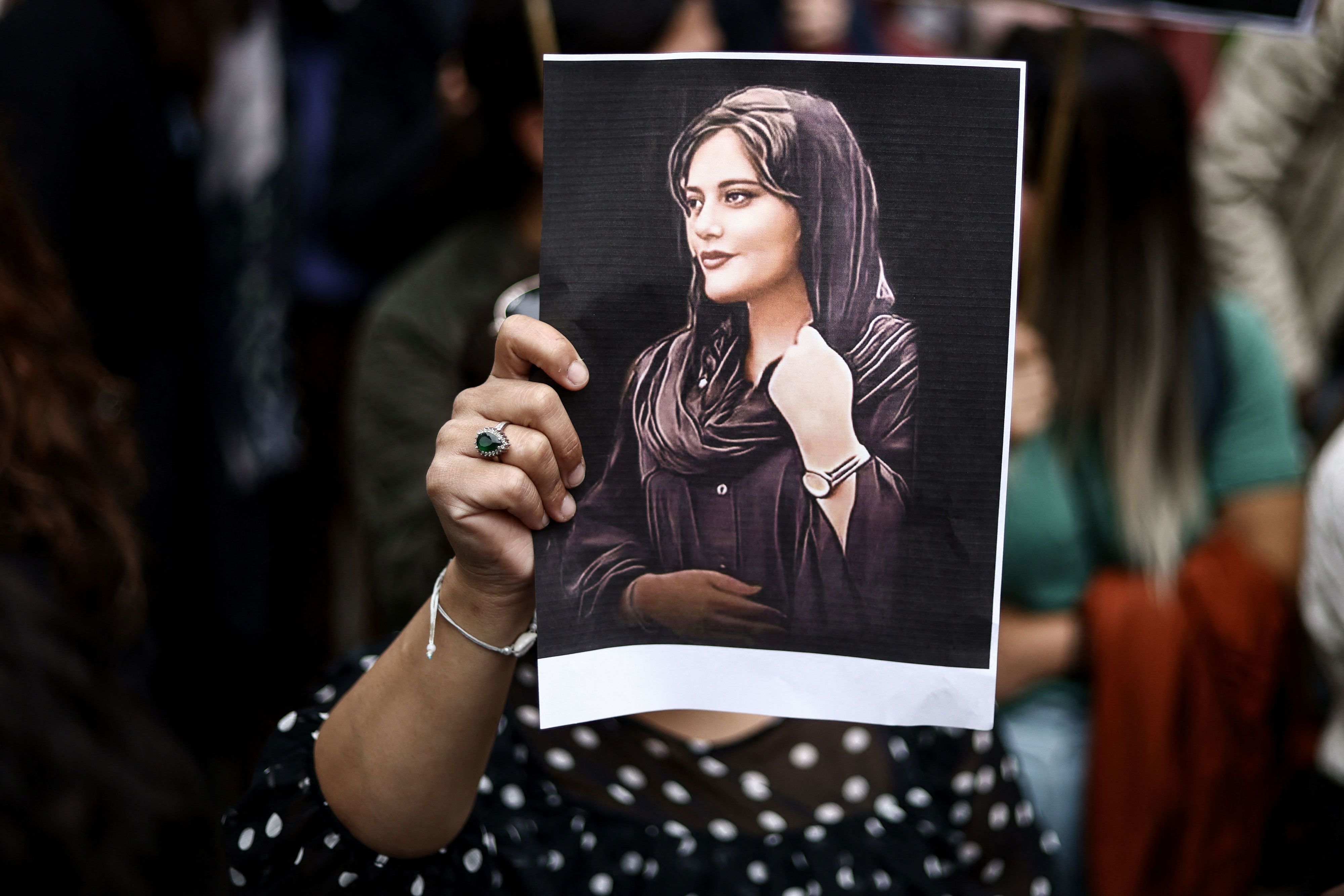
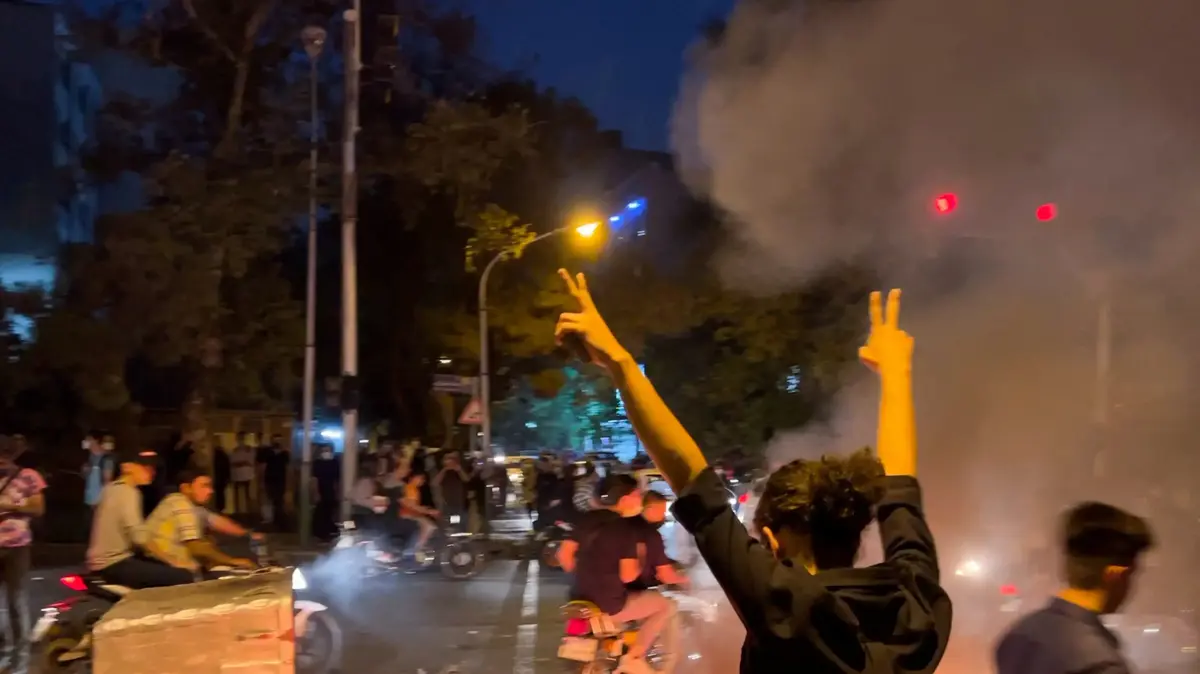

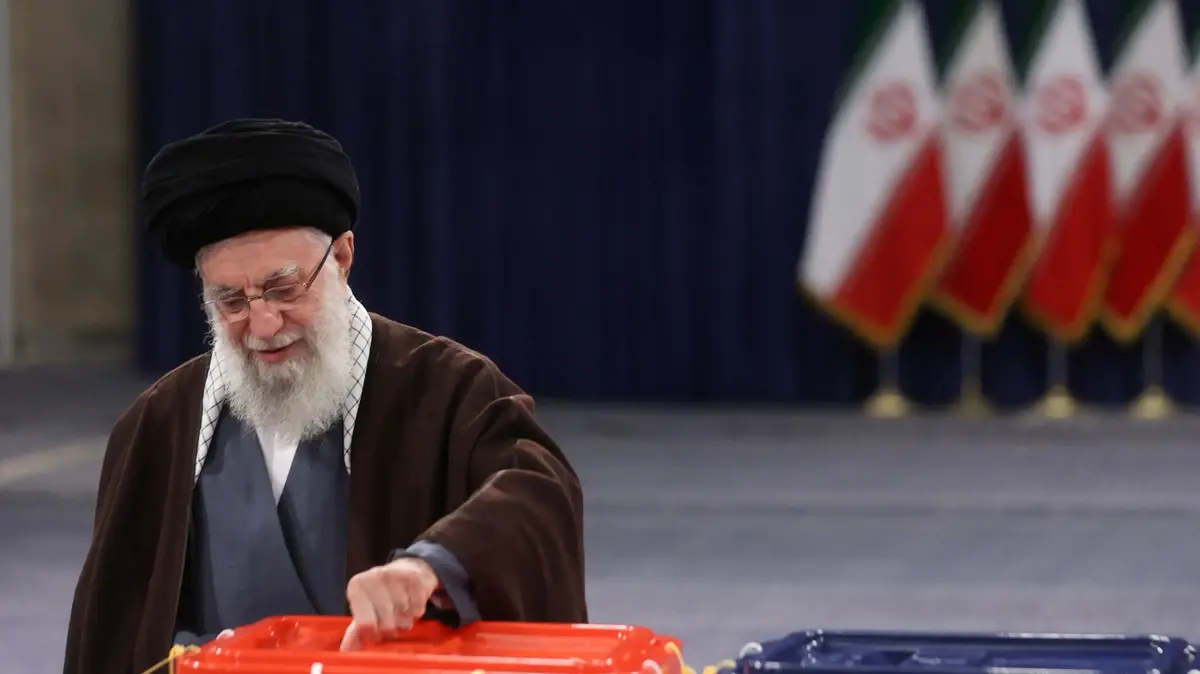


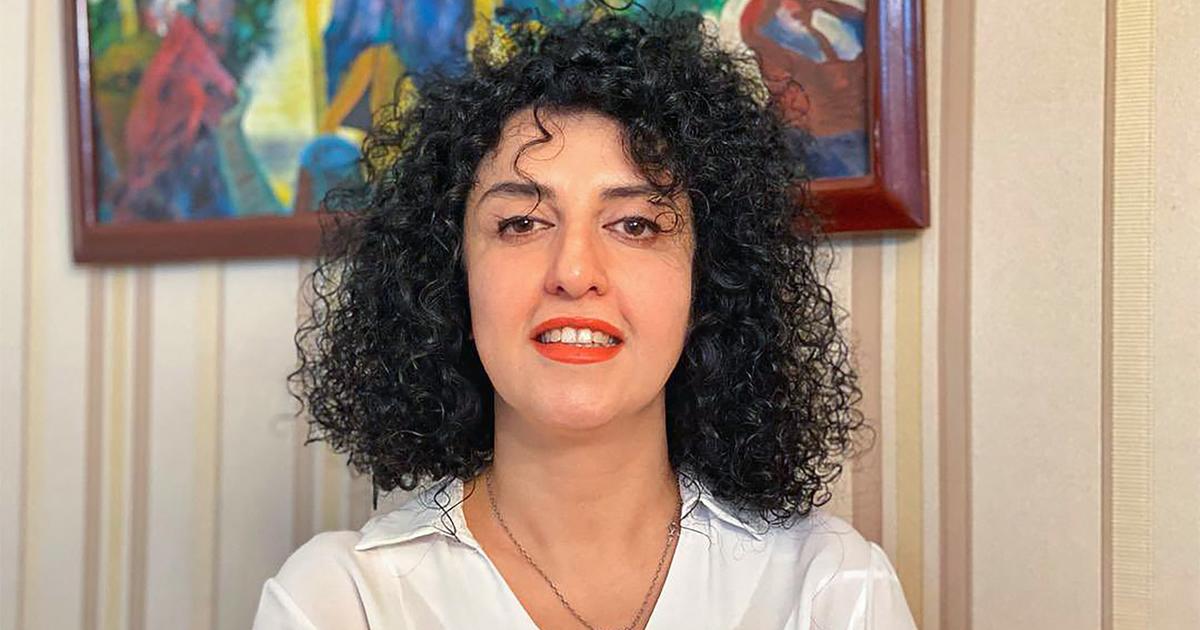
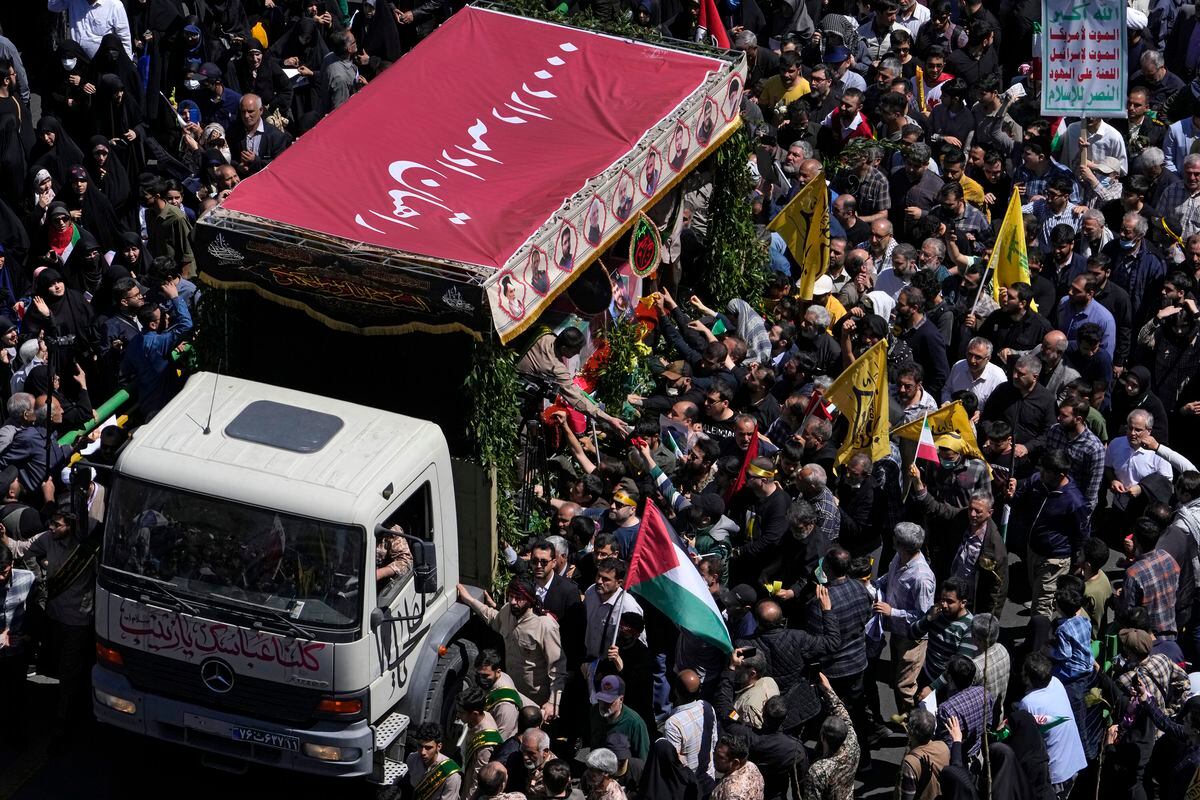
/cloudfront-eu-central-1.images.arcpublishing.com/prisa/RSDYMJQAS5HZZJNOQTAQ3E4FYI.jpg)





